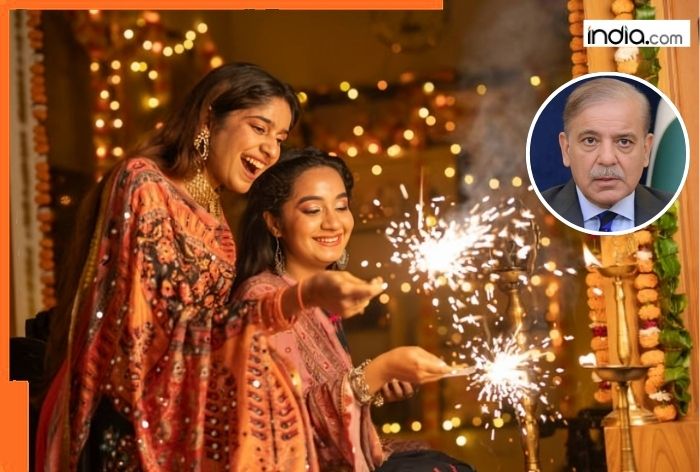Pakistani Leadership Extends Diwali Greetings, Emphasizes Interfaith Harmony and Hindu Contributions
This news highlights the importance of interfaith harmony and official recognition of Hindu festivals in promoting unity and mutual respect within diverse societies.

Want daily inspiration like this? Subscribe to our newsletter!
Article Summary
Pakistan's Prime Minister Shehbaz Sharif and other top political leaders extended Diwali greetings to the country's minority Hindu community. During a Diwali ceremony, leaders reiterated their commitment to protecting minority rights and praised the contributions of Hindus to various fields. They emphasized Pakistan as a land of peace and tolerance, where all citizens enjoy equal rights and freedoms.
Original Article: india.com
[ Sentiment: positive | Tone: factual ]
This summary and analysis were generated by TheNewsPublisher's editorial AI. This content is for informational purposes only; it does not constitute spiritual or religious advice.
[ Sentiment: positive | Tone: factual ]
This summary and analysis were generated by TheNewsPublisher's editorial AI. This content is for informational purposes only; it does not constitute spiritual or religious advice.
TNP AI: Key Insights
This event underscores the global presence of Hindu communities and the importance of official recognition of their cultural and religious practices. It offers a positive example of interfaith dialogue and the celebration of Sanatana Dharma's universal values, like light over darkness, beyond geographical borders.
Diwali, symbolizing the triumph of good over evil and light over darkness, carries universal themes that resonate across cultures and faiths. When leaders of other religions extend greetings, it transforms a specific religious festival into a broader celebration of shared human values, fostering mutual understanding and respect.
Such gestures of inclusion from national leadership can strengthen the sense of belonging and cultural identity for Hindu communities living in the diaspora. It affirms their right to practice their faith openly and contribute to the national fabric, inspiring confidence and encouraging continued engagement with their heritage.


